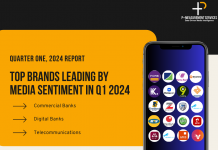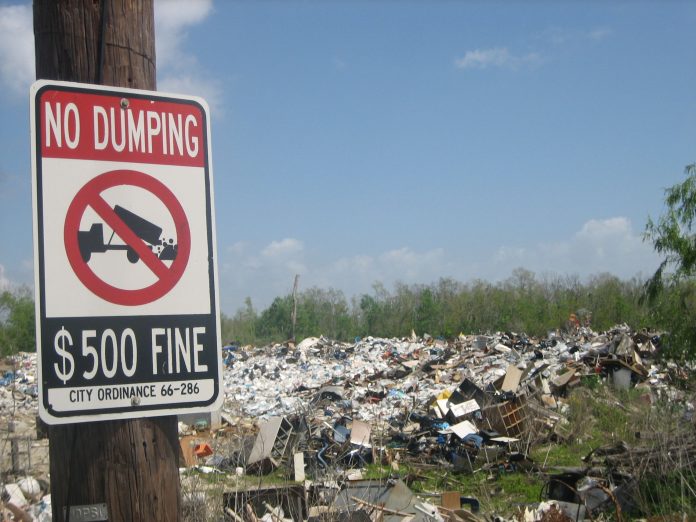The mapping of illegal waste dump sites by members of JCI Eko, Let’s Do It! Nigeria and Africa Clean Up Initiative recently continued from location to location across the country. The mapping exercise which was aimed at creating and building a database of illegal dump sites across the world through a well-functioning app technology “World Clean Up”.
The app technology was developed by one of the fastest growing global civic movement Let’s Do It! World, an organization with a mission to connect and empower people and organizations around the world to make planet earth waste free. The organization intends to unite against illegal waste by organizing a one day global cleanup on 15 September 2018, bringing together 150 countries for one positive cause – a clean world.
Mr. Olumide Coker, Country Leader for Let’s Do It! World stated during the continuation of the mapping exercise last weekend that the mapping exercise has witnessed a tremendous participation and supports from Nigerians across the country. He further said that the reports of illegal waste dump sites across the country shows that 80% of the components are items that can be recycled to produce other usable items in the country.
“Creating jobs to clean up dirty environment have not solve the problem and challenges faced with clean environment but rather introduced the movement of dirt from one location to another location which will be later burn to affect the climate condition” he said.
Mr. Coker disclosed that better ways to help the nation have a clean environment is for government to create enabling law that will promote recycling as an industry which can attract investors to key into the sector and also provide business/job opportunities for the citizens.
He mentioned that the numbers of disposed pep bottles, papers, take away packs, tyre, sachet water, household waste, etc. in the system are growing day by day with an alarming rate, equally up to half of the population. “What we do know is that out of the 1.3 billion tons of household waste generated per year in the world, only about 258 – 368 million tonnes of trash end up in one of the 50 largest dumpsites. Where is the rest of it? It is dumped into rivers, leaks into the oceans, is burnt openly, or left in the streets and the byways of townships and cities” he said.
His counterpart founder & Coordinator of African Clean Up Initiative, Mr. Alex Akhigbe also mentioned during the mapping exercise that recycling is one of the key success to environmental sustainability practices that saves the environment from the impact of climate change.
“The waste of paper, pep bottle, nylon, aluminum and glass generated from the sanitation exercise are regarded as raw materials that can undergo recycling instead of ending up at the landfill and causing further harm to environment” he said.












































